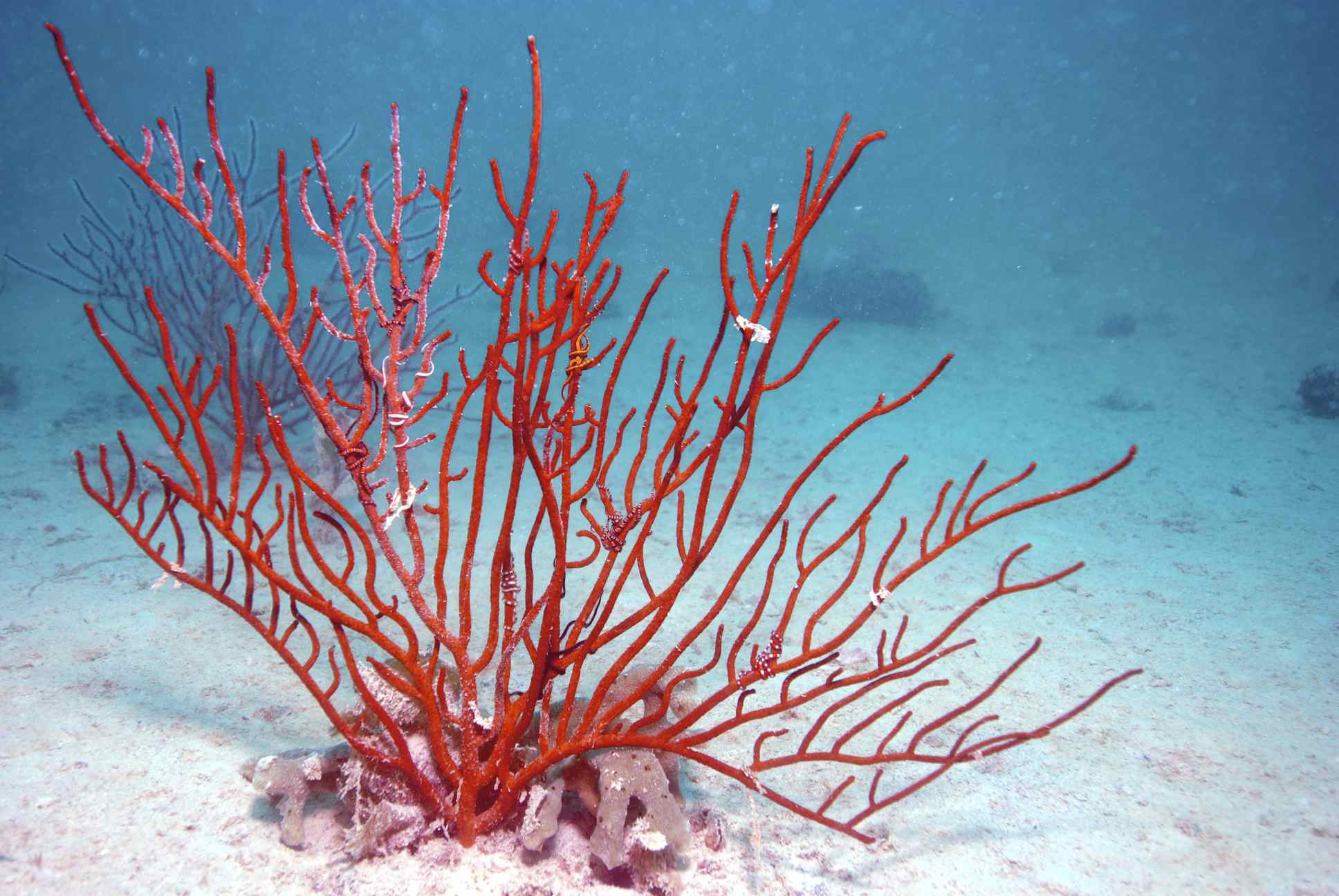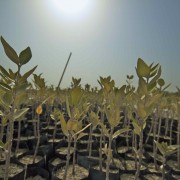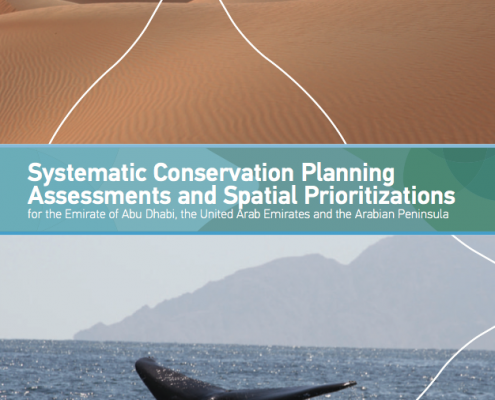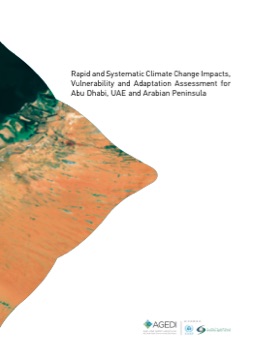Environmental education experts from 16 countries met in Bahrain this week to map out strategies and transformative actions for new solutions for strengthening environmental education across the governmental and non-governmental sectors with a particular focus on the challenge of enhancing access to economic, environmental and social data and information, as called for in the Rio+20 outcome statement The Future We Want.
The meeting was convened under the auspices of the Eye on Earth process, advancing and expanding the outcomes from the Eye on Earth Summit convened in Abu Dhabi, UAE in December 2011 .Hosted by the Environment Agency-Abu Dhabi (EAD) in partnership with the United Nations Environment Programme (UNEP) and facilitated by the Abu Dhabi Global Environmental Data Initiative (AGEDI) the inaugural event concluded with the endorsement of the Eye on Earth Summit Declaration by 16 government delegations and eight
Special Initiatives; aimed at facilitating access to data and information across the three pillars of sustainable development.
One of these initiatives is called Eye on Environmental Educationand its aim is to enhance education and capacity build ing through access and use of data and information that will lead to transformative actions for environmental sustainability.
Under the Eye on Environmental Education Special Initiative, initial funding support has been mobilized for the Global Partnership on Environment and Sust ainability (GUPES)-UNEP’s flagship programme on environmental education in support of the UN Decade of Education for Sustainable Development, 2005-14.
In his opening address, UNEP’s Regional Director for West Asia, Dr Iyad Abumoghli, underscored the im portance of education in supporting societal transformation towards a green economy. The Rio+20 Summit of 2012 also highlighted the important role of education for environmental sustainability.
The Bahrainmulti-stakeholder consultation shared best practices, knowledge and experience among various institutions from the Arab region and other regions around the world. The meeting identified a number of priority areas that should be addressed in order to promote greater understanding and awareness of environmental issues in the context of sustainable development.
Three key areas were identified.
Firstly, an acute need for more capacity building is to be focused on a number of target groups including governments, the academic & research community and the media , so that environmental education is mainstreamed into their activities. Secondly, a call was made for a global platform with regional components to develop and share environmental education resources online; catalyse collaboration among practitioners; and intensify institutional networking.
Thirdly, collaboration among experts and centres of excellence is needed in order toproduce and deliver the right educational products and services to clients across the various stakeholder groups.
The assembled experts also proposed a number of innovative projects under the Eye on Environmental Education Special Initiative, within the framework of GUPES. For example, the idea of an Arab Region environmental education network was proposed. Within the third level academic community, there is a clear need for a focus on environmental sustainability aimed at both the student population and the management of universities and colleges. In addition, basic training on environmental sustainability is also needs to be mainstreamed at the primary and secondary education levels.
Another area for further development included a toolkit for greening of universities, whereby tertiary institutions are invited to consider the challenge of “walking the talk” by serving as living examples of sustainability which ultimately will bring economic benefits. Although there are some shining examples of the sustainable or ‘green campus’, such as Masdar Institute in UAE and Tongji University in China, much work remains to be done on a global scale , in particular in the Arab region, as a result, such an initiative was identified as a promising project that UNEP could take forward in the Arab region.
Interested universities and colleges are invited to contact UNEP (www.unep.org) on this matter.





